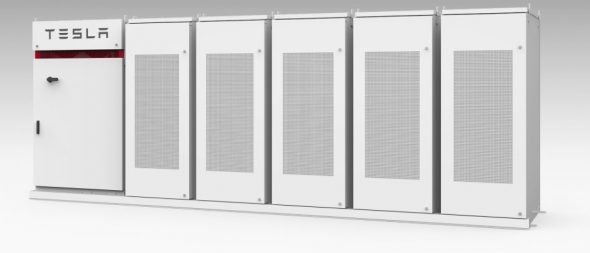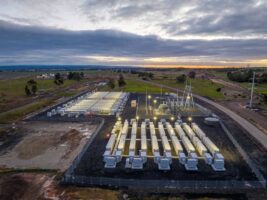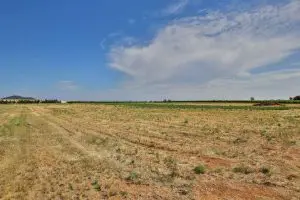The Queensland government-owned utility Yurika may add another 9 big batteries to the local network after identifying a new market for batteries in supporting local networks.
The company announced on Tuesday that it will install a 4MW, 8MWh Tesla big battery in Bohle Plains on Townsville’s northern outskirts to boost the local network, and support more rooftop solar and a more distributed grid.
Beth Keddie, the general manager, emerging opportunities and acceleration at Yurika, says the company has already identified another 9 locations across the state where similar batteries could be installed. More opportunities could emerge.
Keddie says the new battery is significant, because while most “big batteries” in Australia had been installed or planned to go with wind and solar farms, or at key points in the transmission network, this would be the first of its type and size in a local network.
“We see it as another missing piece as part of the transition to a renewable and distributed network,” Keddy told RenewEconomy in an interview. “It will make it more resilient, (and) … it will bolster local infrastructure, by managing voltage.
“We see this as a bit of a gap emerging. Big batteries are being installed, co-located with large-scale renewables or transmission infrastructure, and in homes and businesses. This is a new opportunity.”
Keddie says the business case for the battery will be supported by playing in the wholesale markets (charging at low prices and selling into the peak), as well as providing network services, and helping defer spending on network infrastructure.
The local area has peak demand of around 1GW, but the new battery is being deliberately scaled for the local network. Any bigger and it could potentially cause problems.
Townsville has one of the highest penetrations of rooftop solar, with about 20,000 homes, or 34.5 per cent of detached dwelling, generating their own power. The location at Bohle Plains means that the battery will connect to two different sub stations and two separate feeders, helping address emerging constraints.
“The idea is that these batteries could be placed around the network, not as an alternative to residential batteries, but as another element of a decentralised grid,” Keddie says, noting that industrial customers and also contemplating similar sized systems.
Keddie says the shift to 5 minute settlement periods (as opposed to the current system of 30 minute settlement periods) will help improve the business case for batteries. That change, designed to eliminate the gaming of electricity markets by slower-moving fossil fuel generators, is due to occur in 2021.
Yurika is a relatively newly formed “arms-length” business, born out of necessity to deal with “ring fencing” issues that limits the ability of network operators to invest in storage and deal directly with customers.
Yurika also operates the state’s demand management incentive scheme, which currently has martially some 135MW of capacity and entered the market on at least 60 occasions.










